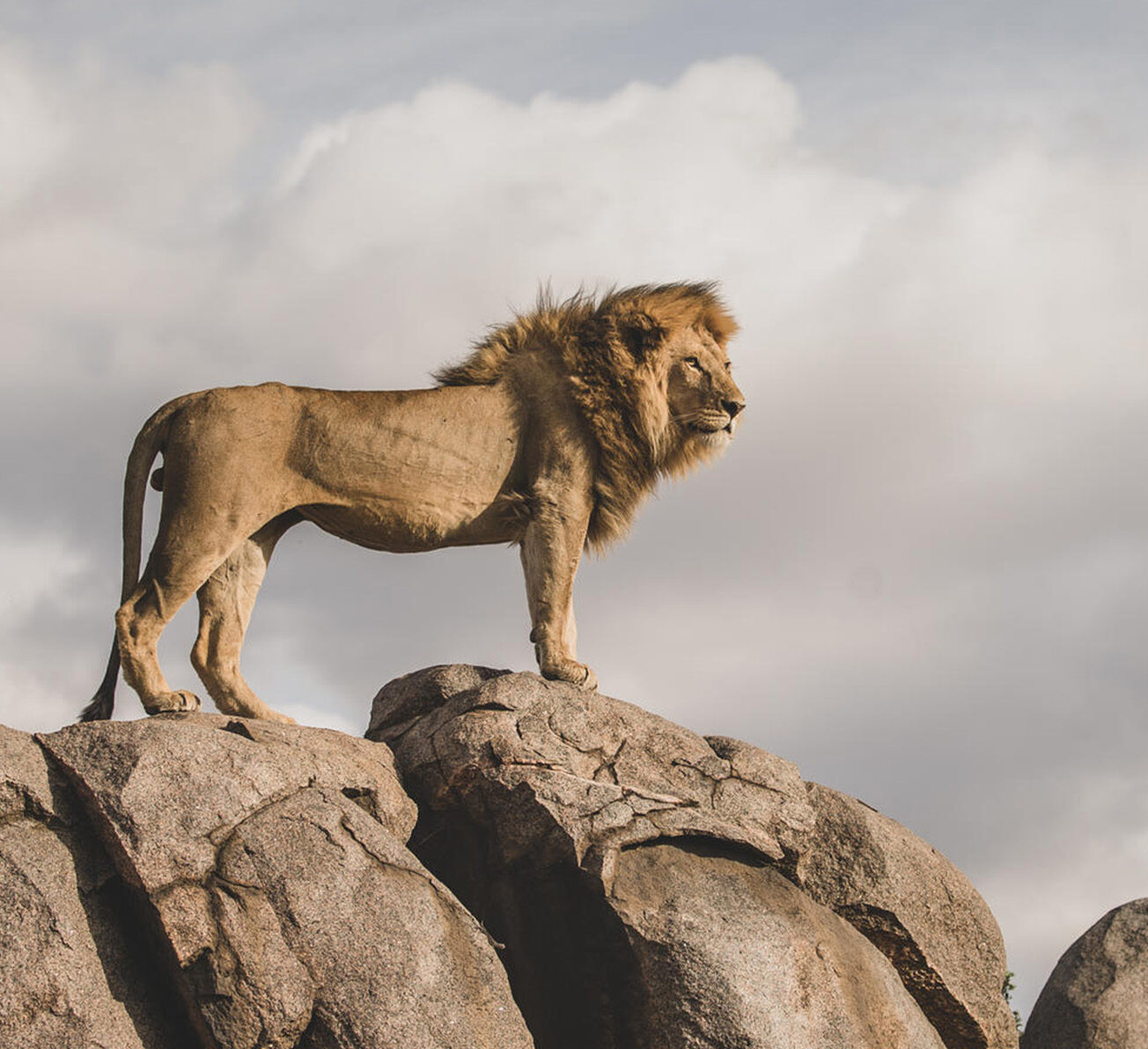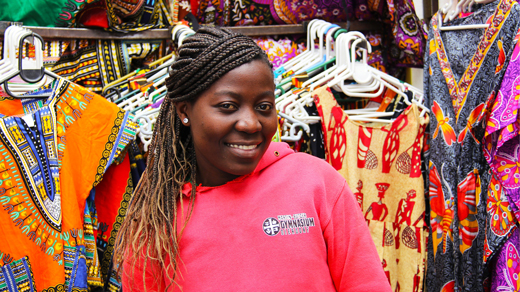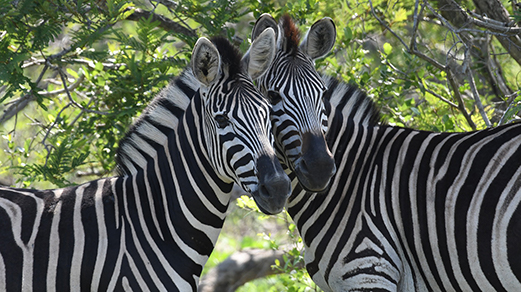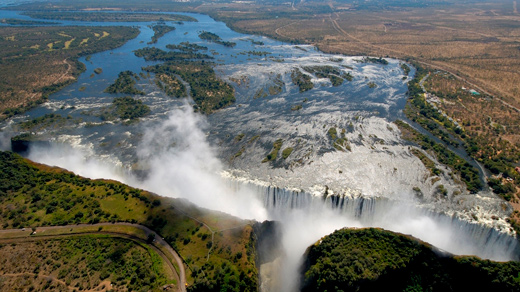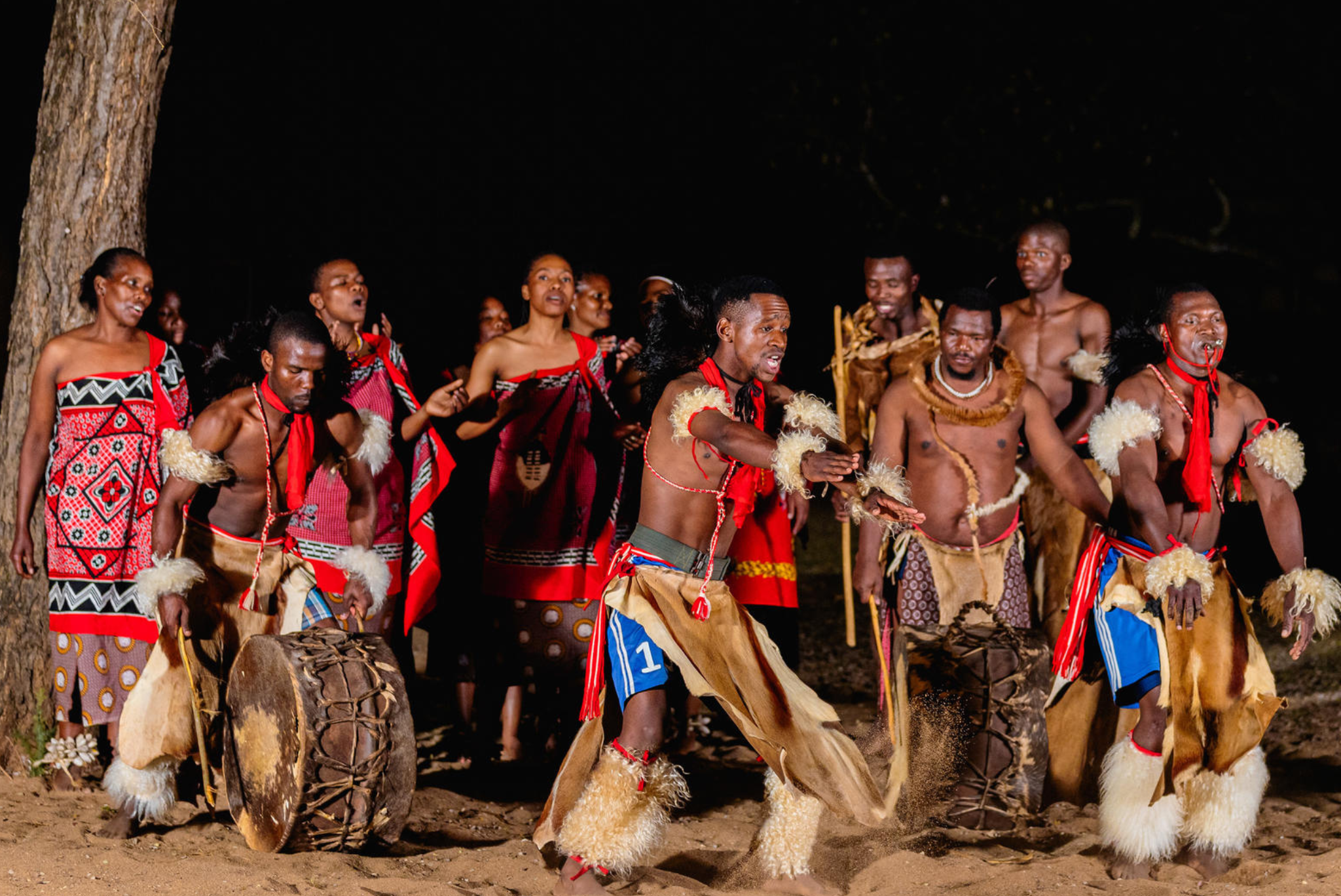
Eswatini
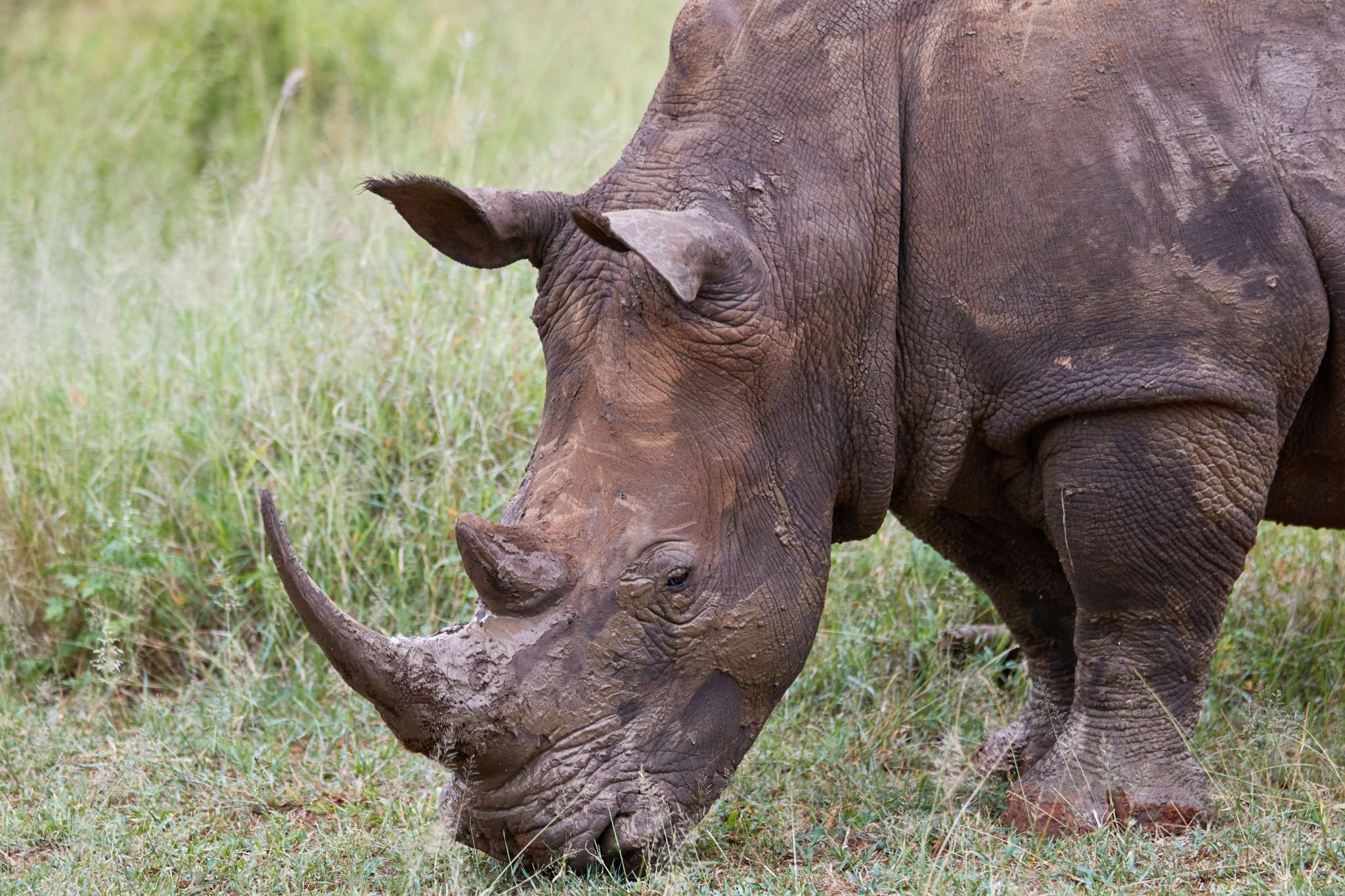
What is there to do in Eswatini?
Formerly known as Swaziland, Eswatini is a small yet captivating destination where wildlife, culture, and scenery come together in an authentic and unhurried way. The country’s compact size makes travel between its reserves and mountain regions effortless, with each area offering something distinct. Game viewing is rewarding in parks like Hlane and Mkhaya, where rhino, elephant, and abundant birdlife can be seen in peaceful, uncrowded settings.
Beyond safari, Eswatini’s charm lies in its warm hospitality and rich traditions. Travellers can explore craft markets, mountain trails, and rural communities that reflect the country’s deep cultural roots. Whether combined with a journey through South Africa or visited in its own right, Eswatini offers a refreshing, personal safari experience in a land that feels both wild and welcoming.
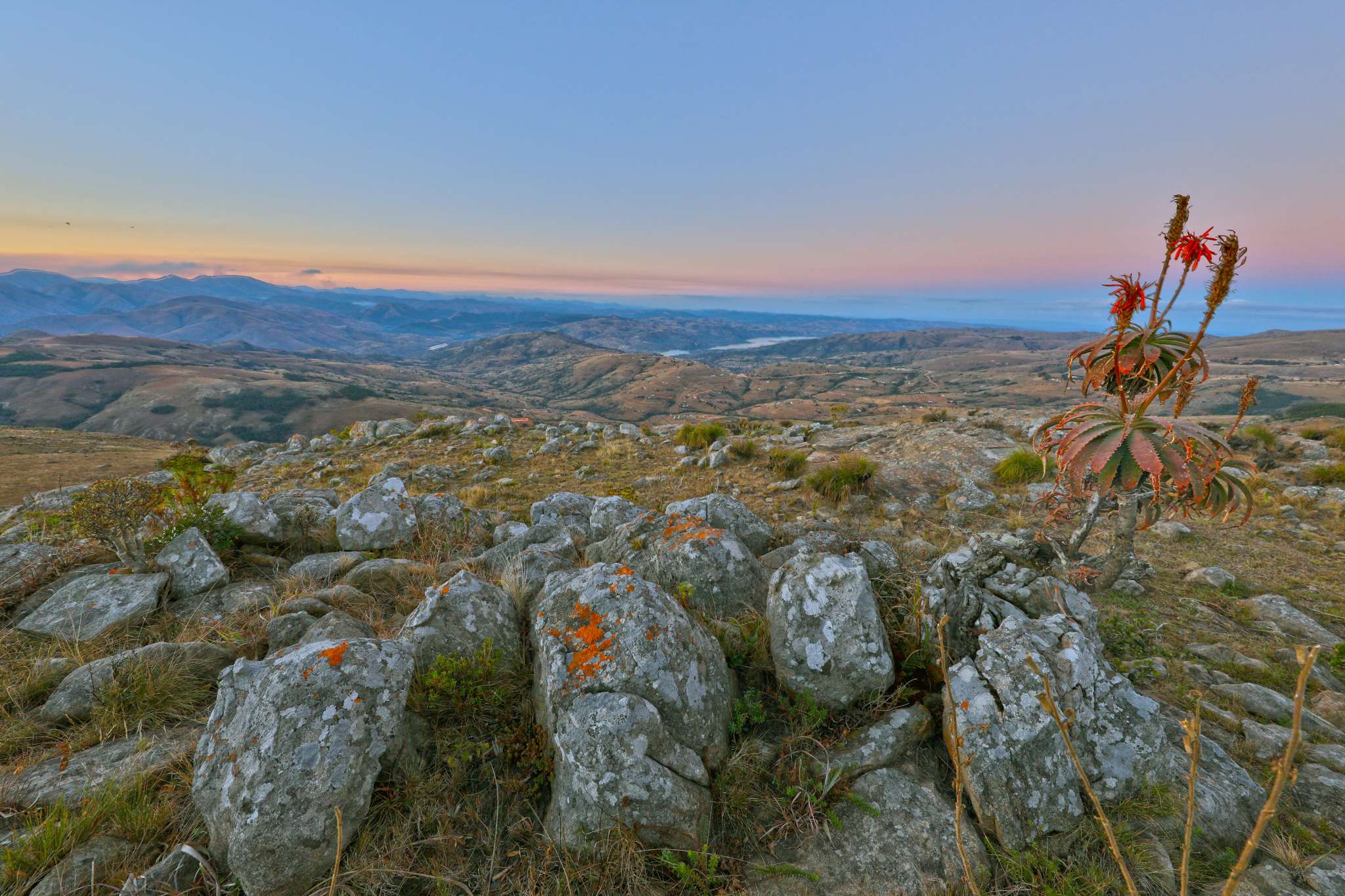
Extending Your South Africa Journey into Eswatini
Eswatini makes an ideal extension to a South African safari, offering a quieter, more intimate experience without the long drives. Its compact size means you can explore lush reserves, scenic mountains, and traditional villages at a relaxed pace, adding variety and depth to a larger Southern African journey. The contrast of peaceful landscapes and personal encounters with local communities provides a refreshing complement to the more bustling safari destinations in neighbouring countries.
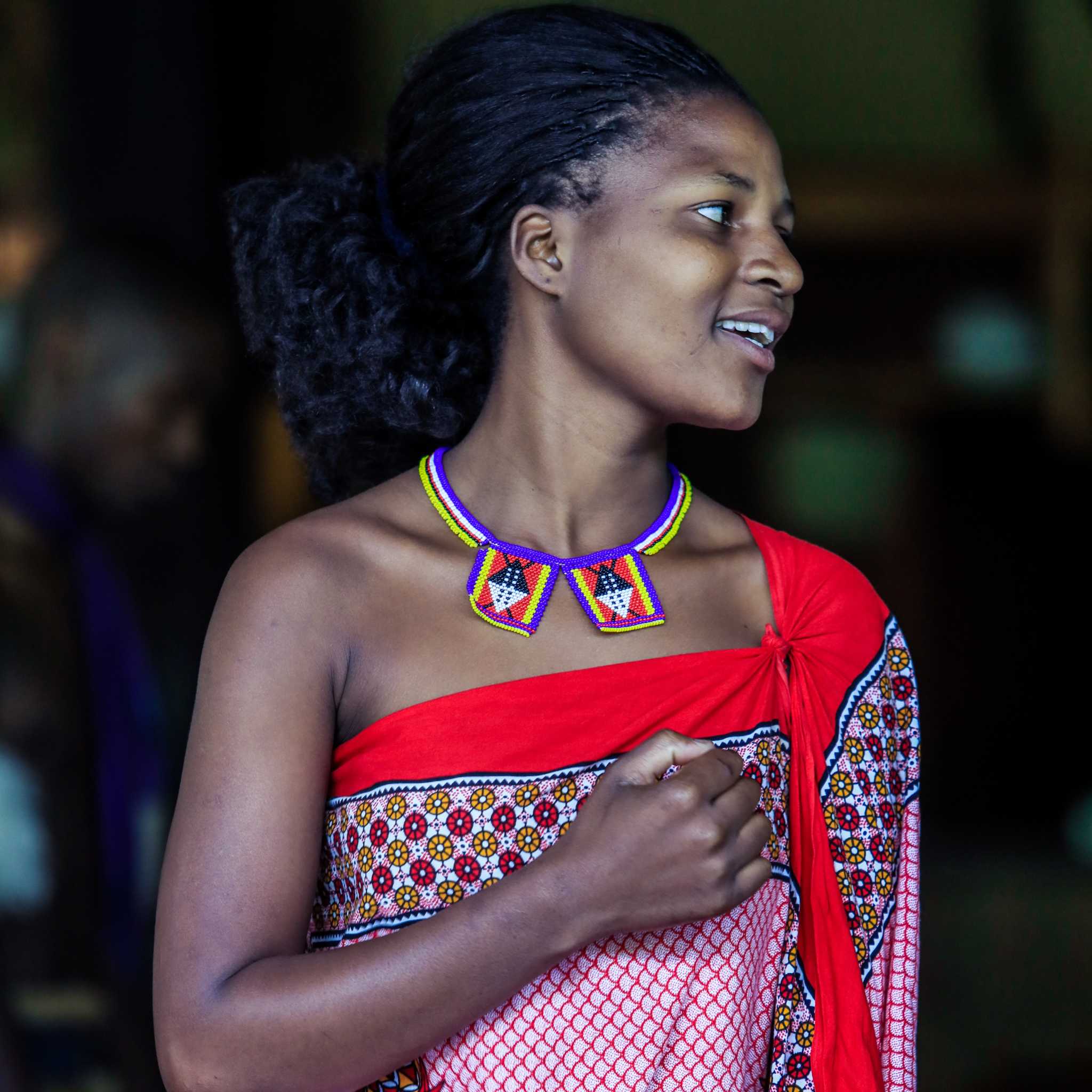
- Full Country Name Kingdom of Eswatini
- Area 17,364 sq km
- Population 1.2 million (UN 2023 estimate)
- Capital and largest City Mbabane (administrative), Lobamba (royal and legislative)
- Borders South Africa, Mozambique
- Religion Christian (predominant), indigenous beliefs, small Muslim and Hindu communities
- Time Zone Standard time is two hours in advance of Greenwich Mean Time
- Languages English and Swazi (siSwati) are the official languages. English is widely used in administration, education, and business, while Swazi is commonly spoken in daily life
- Country Dialling Code +268
Eswatini experiences
Essential trip information
-
Accommodation
-
Accommodations in Eswatini range from comfortable tourist-standard hotels to luxury lodges and unique tented camps. While the country has fewer internationally recognized luxury properties compared to some other African destinations, many lodges and camps provide exceptional service, attention to detail, and a sense of exclusivity.
Visitors can choose from mid-range hotels and guesthouses, which offer practical amenities and convenient access to cultural and natural attractions, or opt for more intimate lodges and tented camps that combine comfort with an immersive experience in the country’s landscapes. Some camps focus on “glamping,” blending safari-style tents with modern comforts, while other lodges provide full-service facilities, including pools, dining, and wellness options.
Very occasionally, circumstances beyond Bench Africa’s control may necessitate a change in the assigned accommodation. In such cases, we will make every effort to provide advance notice, but up-to-date details of the substitute property may not always be available.
-
Clothing
-
General Information
In most of Africa, formal attire is typically unnecessary; therefore, we recommend limiting your luggage to the basics. However, more formal attire may be necessary in prestigious city hotels or during luxury rail journeys, such as Rovos Rail or the Blue Train in South Africa.
On a wildlife safari, casual cotton clothing is the most practical. Opting for calm, neutral colours like tan or khaki is advisable, although a specific bush outfit is not essential. It is recommended to wear some form of sun-protective headgear, and sunglasses are essential.
To cope with colder evenings and early mornings, it’s advisable to bring a warm fleece or jacket. Additionally, a lightweight raincoat may prove useful, considering the possibility of seasonal rains. While heavy footwear is unnecessary, it’s advisable to wear sturdy, comfortable walking shoes or boots for nature walks. It’s also recommended to bring a change of shoes, like trainers, for the camp setting.
The dress code is informal at all camps but bring long-sleeved shirts and trousers for the evenings to minimise exposure to insect bites.
Many hotels, game lodges, and camps provide laundry facilities, often as a complimentary service, especially when luggage space is limited. However, if you have a busy itinerary, it is advisable to check in advance that your clothes will be ready before your departure.
Safari Packing List
Essentials:
- Soft-sided bag for easy storage in safari vehicles and light aircraft
- Hat for sun protection
- Reusable water bottle
- Good quality, preferably polarized sunglasses
- Binoculars
- Torch
- Camera, charger, and adaptor
- Travel adaptor for charging devices
- Spare glasses (if you wear contact lenses)
- Comfortable walking shoes, trainers, and sandals
- Shorts/skirts
- Long trousers/slacks
- T-shirts/long-sleeved cotton shirts for cooler evenings
- Sweater/fleece/raincoat for early morning and late afternoon game activities
- Warm jacket, beanie, gloves, and scarf for winter months
- Swimming costume
Health and Safety:
- Basic medical kit (aspirins, Elastoplast, Imodium, antiseptic cream, etc.)
- Malaria tablets and antihistamine cream
- Insect repellent containing DEET (though many lodges provide sprays)
- Protective suntan lotion, especially for pale and sensitive skin
- Tissues or ‘wet wipes’
- Lip balm
-
Communication
-
Eswatini has a reliable telephone and mobile network, with coverage strongest in towns and along main routes. International telephone services are commonly accessible through hotels and lodges, while private telecommunication centres are available in larger towns. Visitors with a mobile phone that supports international roaming can generally connect in urban areas, though coverage may be limited in remote or wildlife regions.
Local SIM cards are widely available for purchase on arrival, offering an affordable alternative to roaming. Many providers also support e-SIMs, which allow you to activate a local plan digitally without needing a physical SIM card, making it easy to stay connected immediately upon arrival.
Wi-Fi access is increasingly available at lodges, hotels, and some camps, but speeds may vary, and connectivity cannot be guaranteed in more remote locations.
-
Country Overview
-
Eswatini, formerly known as Swaziland, is a diverse destination in Southern Africa with stunning scenery and a diverse and vibrant culture, as well as warm hospitality. Discover the country’s natural wonders, from the lush valleys and rolling hills of the lowveld to the dramatic peaks of the Drakensberg Mountains. Explore Hlane Royal National Park and Mlilwane Wildlife Sanctuary, home to a plethora of wildlife. Embark on guided walks, game drives, or horseback safaris to see them in their natural habitat.
Experience the proud culture Eswatini through its vibrant festivals, traditional dances, and craft markets. Visit the vibrant capital city of Mbabane to explore local markets, where you can find beautifully crafted textiles, pottery, and beadwork. Learn about Swazi traditions and customs at cultural villages such as Mantenga Cultural Village, where you can witness traditional dances and rituals performed by local artisans. Delve into the country’s history at the King Sobhuza II Memorial Park, which commemorates the life and legacy of Eswatini’s longest-reigning monarch. Explore the colonial heritage of Eswatini at the Swazi Candle Factory and Ngwenya Glass, where you can watch skilled artisans at work and purchase handmade souvenirs.
Indulge in the flavours of Eswatini with its diverse cuisine, influenced by both traditional Swazi recipes and international flavours. Sample local delicacies such as phutu pap (maize porridge), siswati stew, and braaied meats, washed down with a refreshing glass of umqombothi (traditional beer) or local wines from the Ezulwini Valley vineyards.
-
Electricity
-
Voltage & Frequency
The standard voltage in Eswatini is 230 volts, with a frequency of 50 Hz.
Socket Types in Eswatini
Type M
-
Health
-
Health requirements vary between countries, so it is important to consult your GP or a local travel doctor for the most up-to-date advice. The following information is provided as a general guide only.
Malaria: Malaria is present in certain regions of Eswatini. Travellers should take appropriate precautions, including prophylactic medication, insect repellent, and protective clothing. Consult your doctor to determine the most suitable preventive measures for your itinerary.
General Advice: Keep vaccinations up to date, carry a basic medical kit, and drink only bottled or treated water when travelling in areas where water quality is uncertain.
-
Insurance
-
Our Tips for Choosing Insurance
Insurance is a mandatory requirement for your travels, and we strongly advise you to secure Comprehensive Travel Insurance at the time of booking your trip.
Make sure you have a thorough understanding of the Terms and Conditions outlined in your policy and that you are well informed about your insurance coverage to ensure that you are adequately prepared for any unforeseen circumstances during your travels.
-
Money Matters
-
Currency
The official currency of Eswatini is the Lilangeni (SZL).
You Should Know
SZL cannot be converted into another currency; therefore it is recommended that you use South African Rand, which is widely accepted throughout the country. In larger cities and tourist facilities, international credit cards are commonly accepted, and ATMs are readily available.
Credit cards are not accepted everywhere, so it is not advisable to rely solely on credit cards as a primary source of funds, particularly in places where card usage may be limited, such as remote lodges. It is recommended to inform your bank before using your credit card overseas, and using a PIN number is considered more secure than a signature. In Africa, Visa is the most widely accepted credit card, with larger establishments also accepting American Express and MasterCard. Diners Club is not generally accepted in most establishments.
-
Recommended Reading
-
- The Kingdom of Roses and Thorns by Debra Liebenow Daly
- Scared: A Novel on the Edge of the World by Tom Davis
- Love and Death in the Kingdom of Swaziland by Glenn Alan Cheney
-
Road Travel
-
Road Conditions
Please note that road surfaces vary and can include tarmac, gravel, and sand, and vehicles may occasionally travel off road. When exploring remote areas, national parks, and reserves, expect rough and bumpy roads that may be in poor condition and affected by weather conditions. Travel times can often be longer than expected due to these conditions, and 4WD vehicles are typically required for safaris and excursions into less accessible areas. It is advisable to follow the guidance of your driver or guide at all times, as they are familiar with the terrain and local safety considerations. Passengers should also be prepared for dust and occasional delays, and it is recommended to carry water and personal items for comfort during longer journeys.
Road Safety
Established in 1969, Bench Africa has decades of experience in planning safaris with safety as a priority. We recommend travelling with a reputable ground operator that follows strict speed and road safety guidelines. Booking through Bench Africa ensures you are in capable hands throughout your journey.
-
Safety and Security
-
General Safety
- Doors should be locked when driving after dark.
- Don’t walk alone at night in city streets, isolated beaches or remote areas.
- Travellers should not display unnecessary signs of wealth (e.g. mobile phones, money, and expensive jewellery) on the streets.
- Leave all your valuables including passports locked in the room safe where available.
Safety on Safari
When staying at safari camps and lodges, they will often give you a safety briefing and there are several key points to keep in mind regarding wildlife respect and safety:
- Wild animals in Africa are not like those found in theme parks; they are not tame.
- Camps are often unfenced, allowing wild animals to roam freely. While attacks are extremely rare, it is crucial to strictly follow camp guidelines to ensure your safety.
- Pay close attention to the camp staff and guides.
- Avoid wandering off on your own without a guide, even within the camp. Once you retire to your room at night, it is important that you do not leave.
- Observe animals silently, minimising disturbance to their natural activities. Loud talking on game drives can frighten the animals away.
- Never attempt to attract an animal’s attention. Avoid imitating animal sounds, clapping your hands, pounding the vehicle, or throwing objects.
- Respect your driver/guide’s judgement regarding proximity to lions, cheetahs, and leopards. Avoid insisting on getting the vehicle closer for a better photograph, as it can disrupt a hunt or cause animals to abandon a hard-earned meal.
- Dispose of litter properly, as litter on the ground can harm or poison animals and birds.
- Never attempt to feed or approach any wild animal on foot, particularly near lodges or in campsites where animals may have become accustomed to human visitors.
- Refrain from smoking on game drives, as the dry African bush is highly flammable, and a flash fire can pose a threat to animals and their habitat.
-
Shopping
-
There is a variety of beautiful souvenirs and crafts available for purchase in Eswatini. Look out for vibrant fabrics, sisal bags, candles, wood or stone carvings, unique artwork, handcrafted jewellery, woven goods, and appealing basketry. Bargaining is a common practice at markets and roadside stalls, though not usually in shops, and locals may initially quote higher “tourist prices.”
Cash in the local currency, the Lilangeni, is widely used, although South African Rand is also accepted, and most recommended. Credit cards are accepted at larger hotels, lodges, and some shops, but cash is essential for markets, rural areas, and smaller vendors.
Avoid purchasing items made from endangered animals or any illegal wildlife products. This includes ivory, rhino horn, animal furs, and other prohibited materials.
-
Tipping
-
Tipping is customary in Eswatini, though not as widespread as in the United States or Europe. It is discretionary, a way of expressing gratitude for exceptional service.
To assist with budgeting, the following guidelines are provided in South African Rand:
Driver (per person per half day): ZAR 30.00
Driver (per person per full day): ZAR 50.00
Guide (per person per half day): ZAR 50.00
Guide (per person per full day): ZAR 100.00
Safari Tracker (per person per full day): ZAR 50.00
Game Ranger (per person per full day): ZAR 100.00
Camp Staff (per person per day): ZAR 50.00
Hotel Porters (per bag): ZAR 15.00
Restaurant (per person per meal): ZAR 15.00
A la carte dining (percentage of bill): 10% -
Useful Numbers
-
Australian High Commission (South Africa)
292 Orient Street, Arcadia, Pretoria, South Africa
Tel: +27 12 423 6000 -
Visa Information
-
Do I Need a Visa to Travel to Eswatini?
We do not provide advice on specific visas as regulations are subject to change and can vary from person to person. Please refer to Smart Traveller for the most up-to-date information. We advise checking visa requirements at the time of booking and again before travelling to keep abreast of any changes that may have occurred.
Visa requirements vary between countries, and it is essential that you acquire the appropriate visa for your journey and ascertain whether it can be applied for in advance or on arrival, in which case you will need the exact physical money. Often, your passport must be valid for at least six months beyond your intended stay, with a minimum of two blank pages (a double page). You will be required to have onward travel documents and sufficient funds. It is advisable to carry photocopies of all important documents.
It is your personal responsibility to confirm that your passport is valid, contains the necessary visa, and that you have all required travel documents.
-
When to Travel
-
Climate
While the Highveld in Eswatini remains cool with rain throughout the year, the lowlands offer warmer and drier conditions. The best time to visit is during the winter months, from June to August, when the weather is mild and rainfall is minimal. However, visiting during the rainy season, from October to May, can still be enjoyable as temperatures remain mild and there is ample sunshine, despite occasional rainfall.
Bench Africa on Instagram
